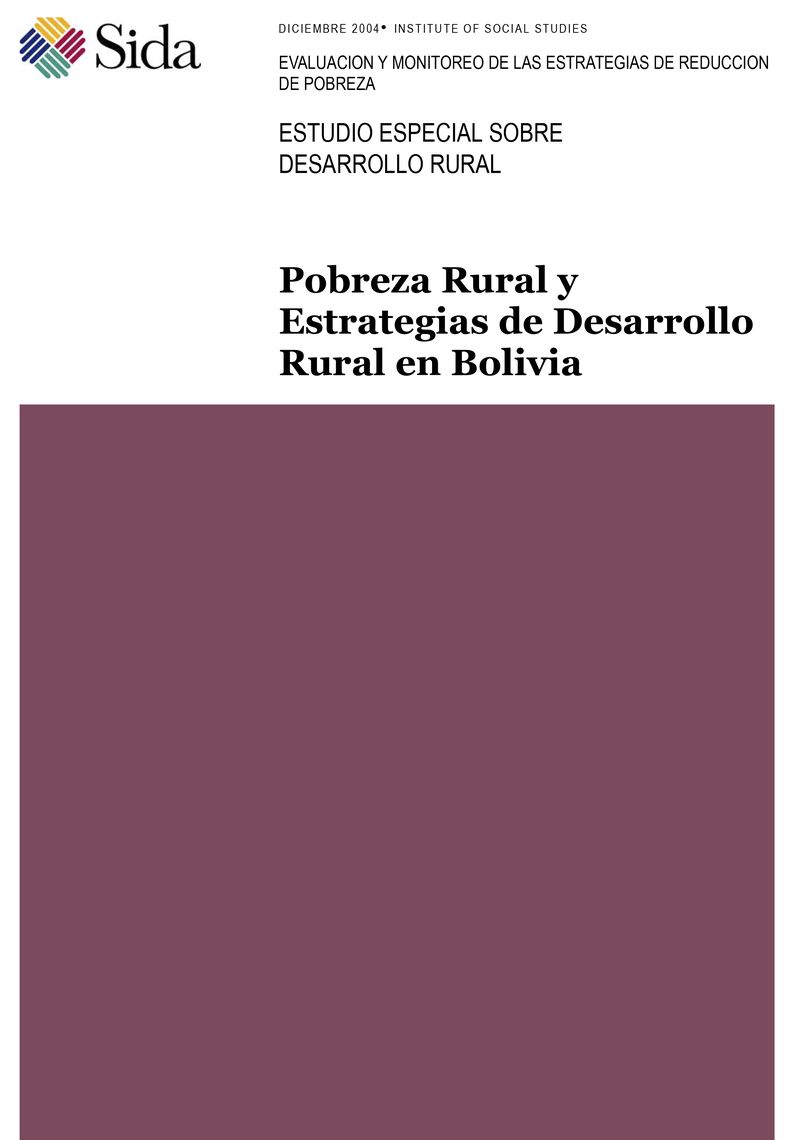Rural Women’s Access to Land and Property in Selected Countries: Progress Towards Achieving the Aims of the Convention on the Elimination of All Forms of Discrimination against Women
This report is the fruit of collaboration between ILC, IFAD and FAO. It provides information on the historical background of the Convention and its Optional Protocol, the working methods of the Committee, as well as a summary of information provided in reports of selected countries. NOTE: See also the 2010 update of this document.





